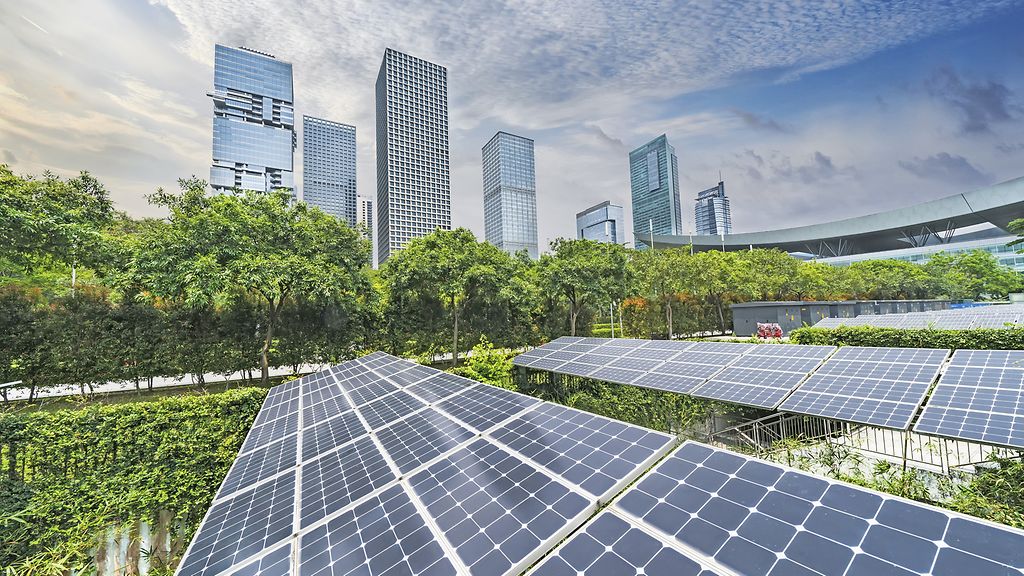Germany’s energy infrastructure transformation will see the country become independent from fossil fuels, with nuclear power phased out and renewable energy sources expanded.
Germany’s new energy vision
Germany’s new government has laid out its plans for a transformative energy vision to make the country climate neutral by 2045.
Coal production will be phased out by as soon as the end of the decade. The installed solar power capacity is to be tripled to 200 GW by 2030. The offfshore wind energy capacity goal has been expanded from 20 GW to 30 GW by 2030. And two percent of Germany’s land area is to be reserved for wind energy purposes in order to meet the 100 GW installed capacity target for 2030.
This energy supply transformation is being supported by far-reaching policy and funding measures that will create new business opportunities and favorable market conditions for international energy companies and suppliers.
Climate action programme 2030
As one of the world’s leading industry nations, Germany bears a special responsibility in taking decisive action to counter global climate change. Meeting the goals of the new Climate Change Act is an enormous challenge that requires immediate action in all sectors.
Germany is pressing forward in the fight against climate change with two major initiatives: the Climate Action Programme 2030 and the immediate action programme for 2022. The Climate Action Programme 2030 enshrines the principle of a move away from fossil fuels towards a more climate friendly and energy-efficient future.
The Climate Action Programme 2030 is comprised of four key components.
- Major investments in measures to mitigate climate change as well as large-scale funding programmes
- Clear legal requirements for climate action
- Socially equitable reforms of energy-related taxes
- Sector-specific system to monitor compliance with climate targets
|
Business opportunities
The transformation of German energy supply and the expansion of renewable energy capacities is creating many business opportunities in different industries in Germany. Find out more in these sectors.
Wind energy industry
Photovoltaic industry
Energy storage industry
Energy efficiency industry
Our industry experts can answer all of your questions concerning industry developments, new business opportunities and how to set up business in Germany. Please do not hesitate to contact us.

